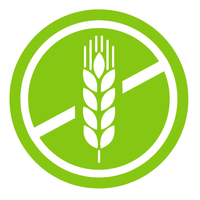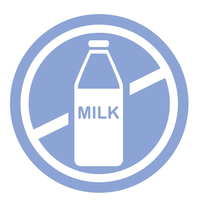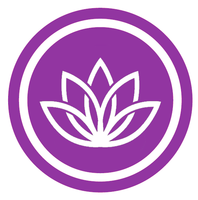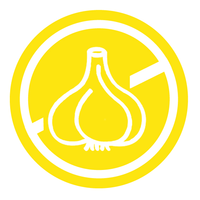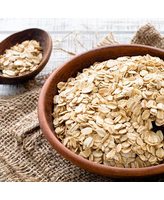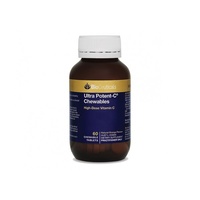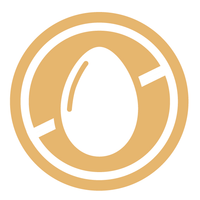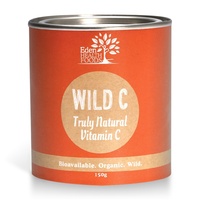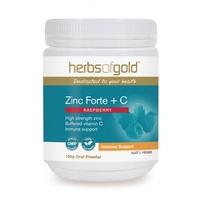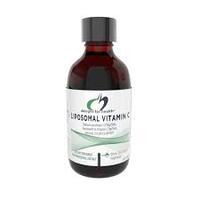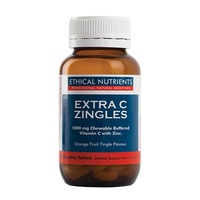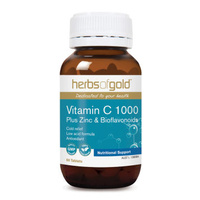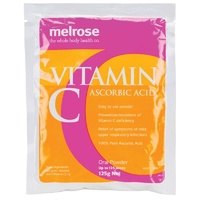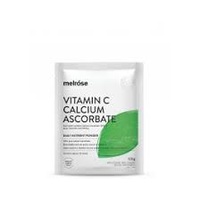Vitamin C – Getting the facts straight
Author: Leanne Marshall Date Posted:11 July 2022
Vitamin C is naturally found in fresh fruits and vegetables. As the human body is unable to make it’s own Vitamin C, it must be supplied from the diet or as a supplement daily. Principal sources are apples, asparagus, berries, broccoli, cabbage, melons, cauliflower, citrus, kiwi fruit, dark leafy greens (kale,spinach), red or green capsicum, potatoes and tomatoes.
The Vitamin C content of food can be affected by the season, storage time, transport and cooking methods. The longer the time the fruit or vegetable has been in storage, the less vitamin C will be present in the food. So it is recommended that fruits are eaten in season and as close to their picking time as possible. Sourcing fruits and vegetables from farmer’s markets is a great way to get the most from your produce. It supports local growers, and you’re buying in-season. At Sunnybrook Health Store, we supply organic, locally grown fruits and vegetables.
The main functions of Vitamin C in the body are to support tissue repair and collagen formation (skin,gums), immunity, iron absorption from food and adrenal gland health.
Vitamin C has been shown to reduce the severity and length of the common cold, so it’s important to maintain a healthy intake during the cold and flu season.
While the focus should always be on eating nutritious foods, supplements may be required where dietary intake is inadequate. To complement the diet, we have a range of high quality Vitamin C supplements for the whole family. Please ask the in-store Naturopaths for advice.
Natural forms of Vitamin C are available in the form of acerola berry powders or Kakadu Plum powder. Kakadu plum, otherwise known as Gubinge, is a plant native to Australia. It is grown in the Kimberley region of Western Australia, and is our richest source of Vitamin C in Australia. Loving Earth and Natif are two companies are making a high-quality Kakadu Plum powder.
Guidelines on dosage vary considerably depending on sources. The Recommended Dietary intake (RDI) for an adult is 60mg/day. New research indicates that dosages up to 1000mg are safe, while some research on chronic diseases, suggests a range of 2000mg up to 20,000mg. This is only recommended under Practitioner supervision. As the body can only absorb a maximum of 500mg at a time, it is better to take a 250mg tablet 4 times a day, rather than 1000mg at once.
Our in-store health care professionals are available each day to give advice on taking Vitamin C. There is an extensive range of Vitamin C supplements available on the market today, so it is vital that you buy a quality product that is appropriate for you and your family.
Naturopath, BSc, DipASc (Nat)
References:
Vitamin C
https://ods.od.nih.gov/factsheets/VitaminC-Consumer/
Nutrient Refence values for Aust & NZ, Aust Government NHMRC
Dr M.Kmiec, Nov 2016 Holistic Health online
webMD, Dr M.Levine, National Institute of Health & F.Busch, Dietician


